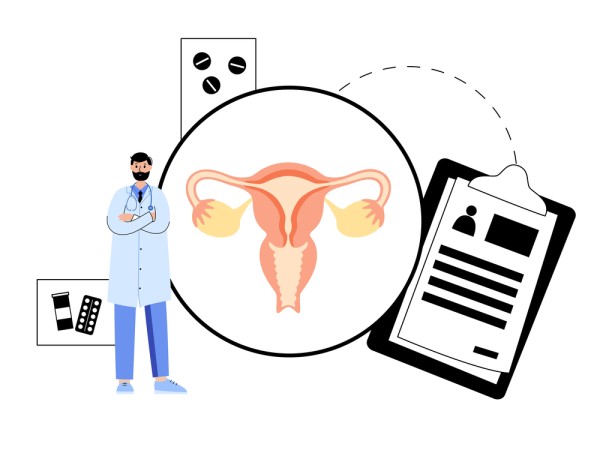What is the purpose of a coloposcopy?
A colposcopy (cervical transparency) test is a test that allows the doctor to carefully examine the lips of the vagina, vagina, and cervix. The examination is performed using a colposcope – a sophisticated microscope that can enlarge the area up to 60 times its actual size and illuminate it in a focused manner.
The purpose of the test is to allow you to delve into suspicious findings from previous tests (PAP, for example), and to understand their nature:
Are these pre-cancerous findings Cancerous? How severe are the findings? Are these changes only require follow-up?
The colposcopy examination should give decisive and clear answers to these questions.
How is a colposcopy performed
The test is performed to diagnose one of the following conditions:
- Genital warts (condyloma).
- Inflammation of the cervix
- Pre-cancerous changes in the cervical, vaginal and vaginal tissues.
How is a colposcopy performed?
Step 1: The patient will sit in the examination room. The gynecologist will use a speculum to see the cervix and vagina using a colposcope located in the opening of the vagina.
Step 2: Next, the doctor will perform a gentle rinsing of the test area using a special solution (acetic acid or iodine solution). This solution aims to highlight lesions, if any, by changing their color.
Step 3: If suspicious areas are observed, the doctor will perform a biopsy – a small incision of tissue from the affected area, and send it to a laboratory to diagnose the findings.

Are there any preparations I need to make for the test?
There is no need to fast or do anything special in preparation for the test, but there are things to avoid:
- Do not perform the test during the week of menstruation.
- Avoid having sex two days before the test.
- Do not use vaginal creams for two days before the test.
- The test can be performed during pregnancy, however it is important to inform the doctor at the beginning of the procedure, as pregnancy may affect the test results.
What can be done to pass the test stress-free?
Pressure is a completely natural response to a gynecological examination, but it is important to know that pressure causes contractions and increases the intensity of pain during the examination. Therefore, it is highly recommended that you do the following
- Take deep breaths
- Empty your bladder before entering the test
- During the test, you can wear headphones and listen to music
- Feel free to write down any questions you have regarding the procedure for the doctor to answer. Ask any questions you want to ensure your peace of mind and comfort during the procedure.
- In some clinics, you can go in with a friend / family member.
How long does the test take?
Colposcopy is a gynecological examination that lasts about 10-20 minutes
How will I feel after the colposcopy?
Is the test painful?
The test can cause discomfort, and a burning sensation during the acid staining phase. In addition, if a biopsy is performed, a tingling sensation will be felt while taking the sample and there may be slight pain for a day or two after.
Is the test performed under anesthesia?
No. The test is not performed under anesthesia.
How will I feel after the colposcopy?
If the doctor did not take a biopsy at the time of the test, you can return to your routine immediately. Slight bleeding and staining may appear after the test, but it will pass quickly.
When a biopsy was performed pain will be felt in the area where tissue was removed, however it will pass after a short time. In addition, there may be light bleeding or dark discharge, and this will go away within a few days or up to a week. The use of tampons and sexual intercourse should be avoided until the bleeding has ended.
If the bleeding continues or even increases, if you smell an unpleasant odor, you have a fever, contact your gynecologist immediately to find out the condition.
Once the test is over, find out from your doctor when the test results will arrive, and take the clinic’s phone number in case time passes and you have not yet been contacted.


